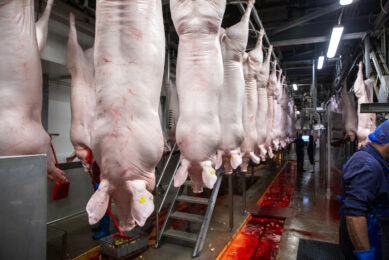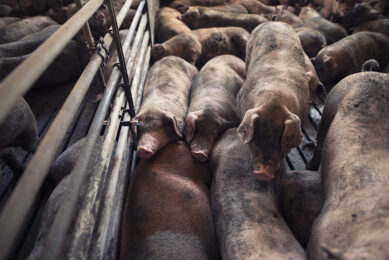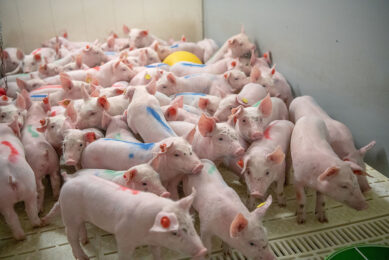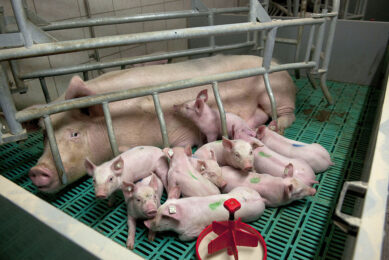Genetic marker determines litter size
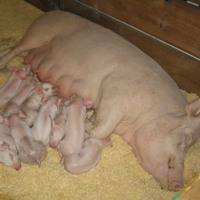
US scientists have identified a genetic marker that determines pig litter sizes.
The discovery, found by researchers from the Agricultural Research Service’s (ARS) US Meat Animal Research Center in Nebraska, could give pig breeding a boost in efficiency.
The discovery focuses on a so-called ‘single nucleotide polymorphism’ (SNP), a genetic variation providing information about an animal’s genetic programme.
In studies on two unrelated pig populations, the scientists showed that this newly discovered SNP is associated with increased litter size.
Characteristics
The SNP creates either a T or a C allele, controlling specific characteristics in a living creature. Sows with the T allele have an average litter size that is one or two piglets greater than the average litter size of sows with the C allele, according to the study.
The T allele occurred at low frequency in the population studied, but is a beneficial genetic difference. Identifying this beneficial SNP allele could allow breeders to select the better sows in the future.
Related web sites:
• Agricultural Research Service
• US Meat & Animal Research Center
For the latest pig news, subscribe here



